Tom McGrath
The Shape of Beliefs: Geometry, Dynamics, and Interventions along Representation Manifolds of Language Models' Posteriors
Feb 02, 2026Abstract:Large language models (LLMs) represent prompt-conditioned beliefs (posteriors over answers and claims), but we lack a mechanistic account of how these beliefs are encoded in representation space, how they update with new evidence, and how interventions reshape them. We study a controlled setting in which Llama-3.2 generates samples from a normal distribution by implicitly inferring its parameters (mean and standard deviation) given only samples from the distribution in context. We find representations of curved "belief manifolds" for these parameters form with sufficient in-context learning and study how the model adapts when the distribution suddenly changes. While standard linear steering often pushes the model off-manifold and induces coupled, out-of-distribution shifts, geometry and field-aware steering better preserves the intended belief family. Our work demonstrates an example of linear field probing (LFP) as a simple approach to tile the data manifold and make interventions that respect the underlying geometry. We conclude that rich structure emerges naturally in LLMs and that purely linear concept representations are often an inadequate abstraction.
Open Problems in Mechanistic Interpretability
Jan 27, 2025



Abstract:Mechanistic interpretability aims to understand the computational mechanisms underlying neural networks' capabilities in order to accomplish concrete scientific and engineering goals. Progress in this field thus promises to provide greater assurance over AI system behavior and shed light on exciting scientific questions about the nature of intelligence. Despite recent progress toward these goals, there are many open problems in the field that require solutions before many scientific and practical benefits can be realized: Our methods require both conceptual and practical improvements to reveal deeper insights; we must figure out how best to apply our methods in pursuit of specific goals; and the field must grapple with socio-technical challenges that influence and are influenced by our work. This forward-facing review discusses the current frontier of mechanistic interpretability and the open problems that the field may benefit from prioritizing.
Bridging the Human-AI Knowledge Gap: Concept Discovery and Transfer in AlphaZero
Oct 25, 2023Abstract:Artificial Intelligence (AI) systems have made remarkable progress, attaining super-human performance across various domains. This presents us with an opportunity to further human knowledge and improve human expert performance by leveraging the hidden knowledge encoded within these highly performant AI systems. Yet, this knowledge is often hard to extract, and may be hard to understand or learn from. Here, we show that this is possible by proposing a new method that allows us to extract new chess concepts in AlphaZero, an AI system that mastered the game of chess via self-play without human supervision. Our analysis indicates that AlphaZero may encode knowledge that extends beyond the existing human knowledge, but knowledge that is ultimately not beyond human grasp, and can be successfully learned from. In a human study, we show that these concepts are learnable by top human experts, as four top chess grandmasters show improvements in solving the presented concept prototype positions. This marks an important first milestone in advancing the frontier of human knowledge by leveraging AI; a development that could bear profound implications and help us shape how we interact with AI systems across many AI applications.
Causal Analysis of Agent Behavior for AI Safety
Mar 05, 2021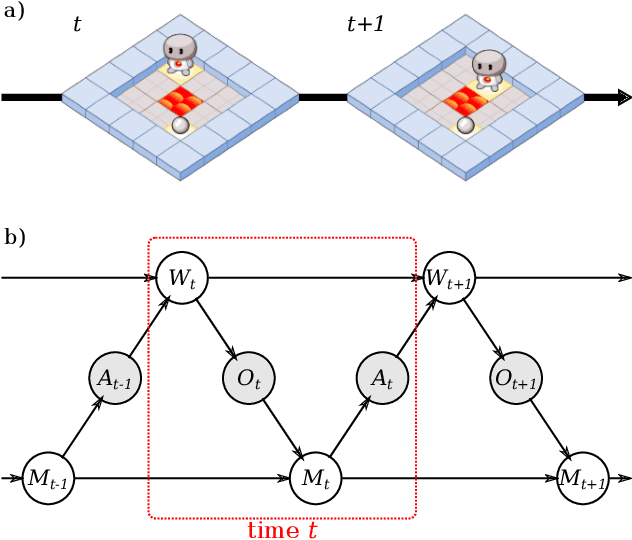
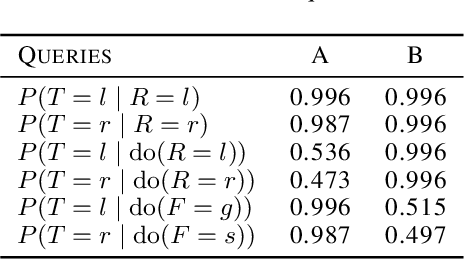
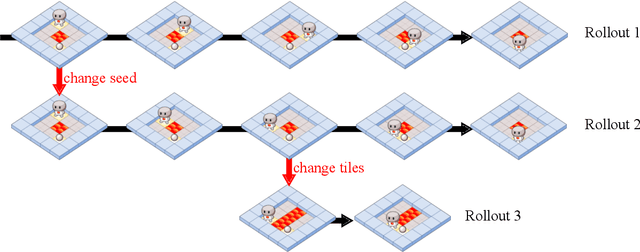

Abstract:As machine learning systems become more powerful they also become increasingly unpredictable and opaque. Yet, finding human-understandable explanations of how they work is essential for their safe deployment. This technical report illustrates a methodology for investigating the causal mechanisms that drive the behaviour of artificial agents. Six use cases are covered, each addressing a typical question an analyst might ask about an agent. In particular, we show that each question cannot be addressed by pure observation alone, but instead requires conducting experiments with systematically chosen manipulations so as to generate the correct causal evidence.
Algorithms for Causal Reasoning in Probability Trees
Nov 12, 2020
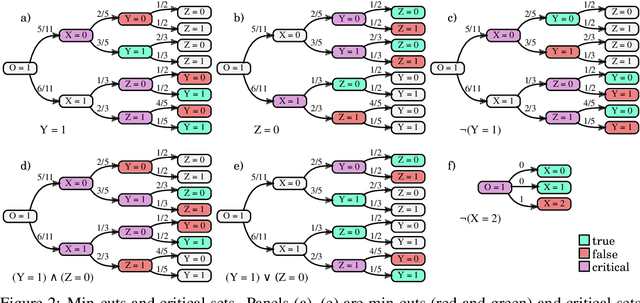
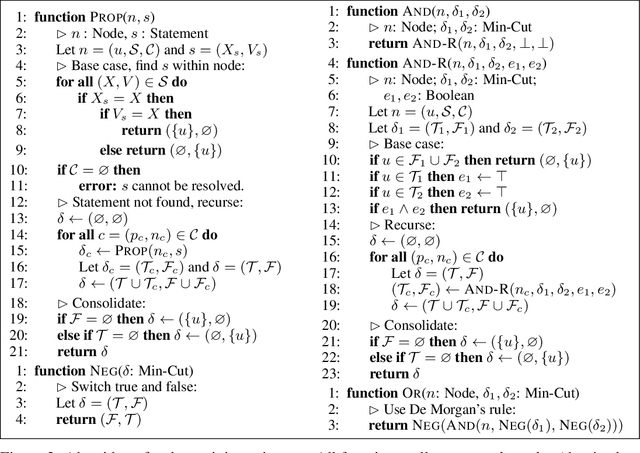
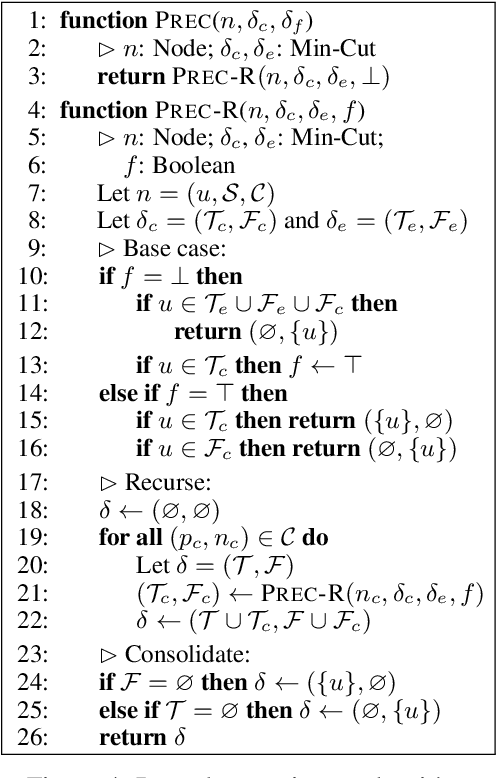
Abstract:Probability trees are one of the simplest models of causal generative processes. They possess clean semantics and -- unlike causal Bayesian networks -- they can represent context-specific causal dependencies, which are necessary for e.g. causal induction. Yet, they have received little attention from the AI and ML community. Here we present concrete algorithms for causal reasoning in discrete probability trees that cover the entire causal hierarchy (association, intervention, and counterfactuals), and operate on arbitrary propositional and causal events. Our work expands the domain of causal reasoning to a very general class of discrete stochastic processes.
Meta-trained agents implement Bayes-optimal agents
Oct 21, 2020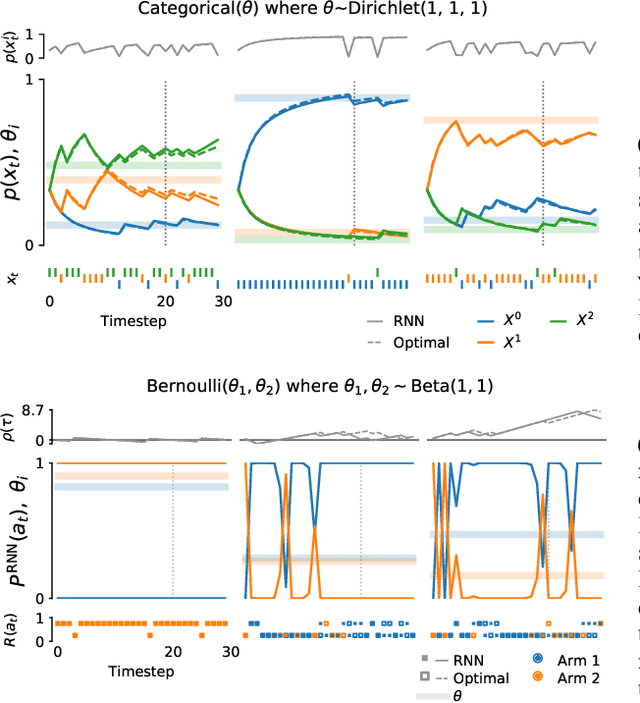

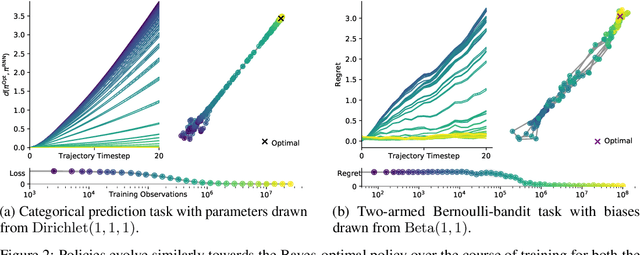
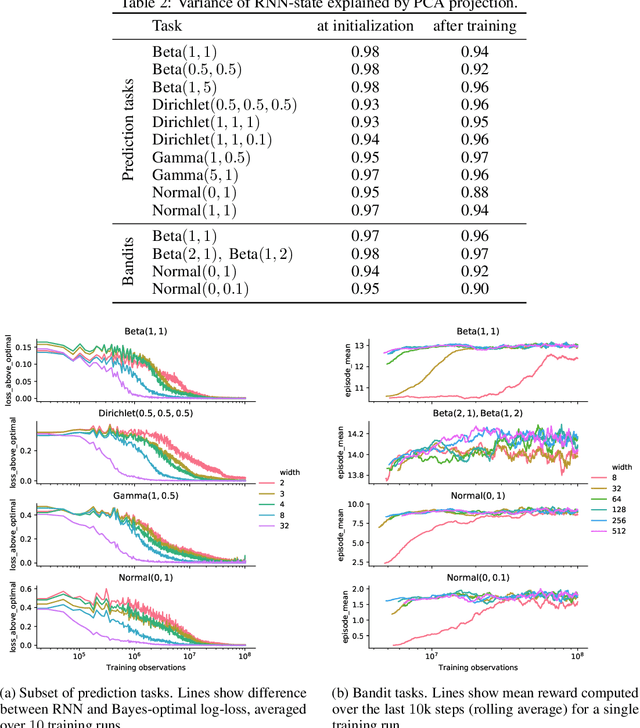
Abstract:Memory-based meta-learning is a powerful technique to build agents that adapt fast to any task within a target distribution. A previous theoretical study has argued that this remarkable performance is because the meta-training protocol incentivises agents to behave Bayes-optimally. We empirically investigate this claim on a number of prediction and bandit tasks. Inspired by ideas from theoretical computer science, we show that meta-learned and Bayes-optimal agents not only behave alike, but they even share a similar computational structure, in the sense that one agent system can approximately simulate the other. Furthermore, we show that Bayes-optimal agents are fixed points of the meta-learning dynamics. Our results suggest that memory-based meta-learning might serve as a general technique for numerically approximating Bayes-optimal agents - that is, even for task distributions for which we currently don't possess tractable models.
Meta-learning of Sequential Strategies
May 08, 2019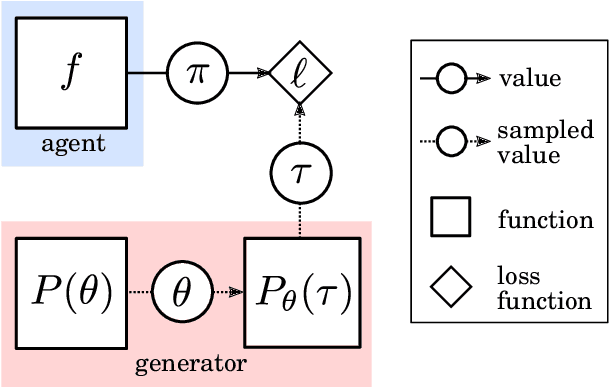
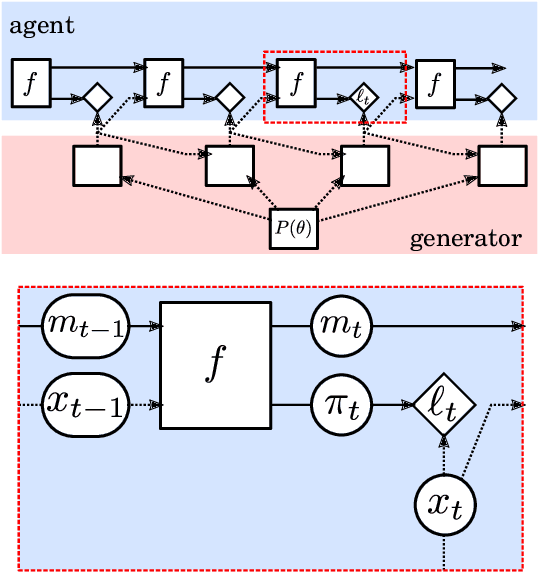
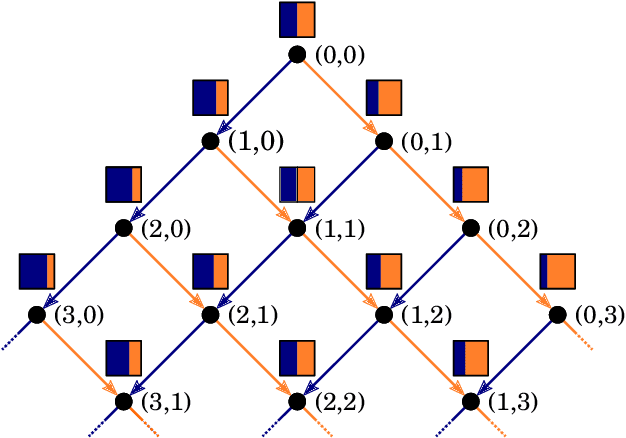
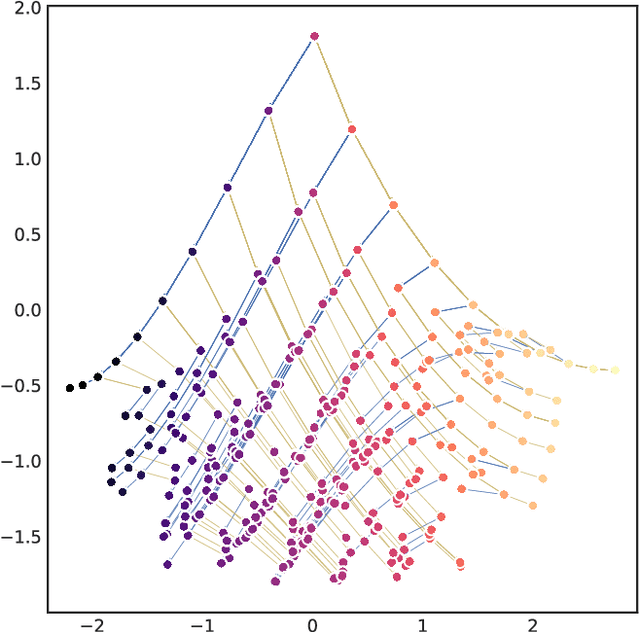
Abstract:In this report we review memory-based meta-learning as a tool for building sample-efficient strategies that learn from past experience to adapt to any task within a target class. Our goal is to equip the reader with the conceptual foundations of this tool for building new, scalable agents that operate on broad domains. To do so, we present basic algorithmic templates for building near-optimal predictors and reinforcement learners which behave as if they had a probabilistic model that allowed them to efficiently exploit task structure. Furthermore, we recast memory-based meta-learning within a Bayesian framework, showing that the meta-learned strategies are near-optimal because they amortize Bayes-filtered data, where the adaptation is implemented in the memory dynamics as a state-machine of sufficient statistics. Essentially, memory-based meta-learning translates the hard problem of probabilistic sequential inference into a regression problem.
 Add to Chrome
Add to Chrome Add to Firefox
Add to Firefox Add to Edge
Add to Edge